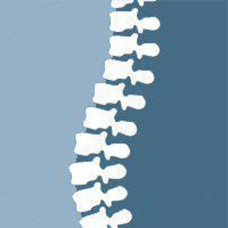Why are DOT/CDL Physicals Required?
DOT (Department of Transportation) and CDL (Commercial Driver’s License) are issued to individuals who drive vehicles that exceed a certain weight limit or have more than the traditional number of axles. Most vehicles this size are used in the transportation of products and machines that are used as part of a business. Commercial drivers must pass a DOT/CDL physical each year to ensure that they are in good enough health to operate these larger vehicles on state and national highways. Because of a commercial vehicle’s size, they can do extensive amounts of damage if the driver has a health issue while they are out on the road.
What Does a DOT/CDL Physical Involve?
A DOT/CDL physical involves many different things. The chiropractor or doctor who is administering the physical will ask several questions including whether or not the driver has had any injuries during the last year, whether or not they have had fainting spells, shortness of breath, chest pain, or any other indication that would lead the doctor to believe the person is suffering from a heart condition. The doctor will also check the person to determine whether or not any hernias or other structural abnormalities are present at the time of the physical. Physicals are required every year to prevent any illnesses from becoming a problem while the driver is out on the road.
How Often are DOT/CDL Physicals Required?
Most commercial companies require their drivers to get a DOT/CDL physical each year. Illnesses and injuries can happen anytime and most people don’t believe that they will affect how they do their job. DOT/CDL physicals are able to catch any problems that may arise throughout the year that the person may have overlooked or not realized were occurring. Every aspect of a person’s physical health is closely examined to ensure they will not experience any difficulties while they are driving. If something is uncovered during the physical, the driver will be kept off work until the situation is addressed and he or she is able to once again pass the physical.
